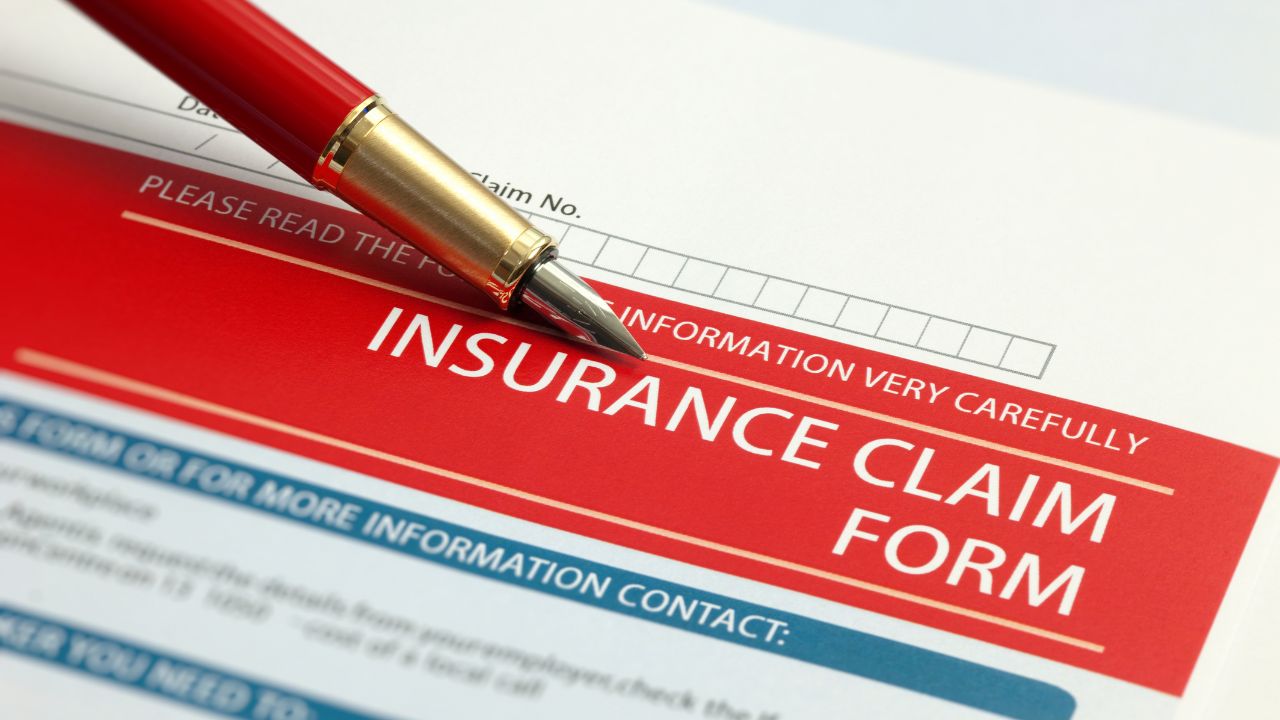Once your policy starts, usually at 12:01 am on its effective date, you have the ability to file a claim. However, such claims might be perceived as dubious.
It is wise to obtain a cost estimate and evaluate whether self-payment is more financially sound.
You can submit a claim once insurance is active, provided the incident took place after policy initiation. For example, a claim for fire damage is possible if home insurance is purchased and your house catches fire the same day.
You cannot file a claim for an event that occurred before your insurance became effective, even if you discover or report it later. For example, purchasing auto insurance, and discovering damage from a week prior preclude filing a claim for the resulting harm.
What is the process for filing a claim right after getting insurance?
Filing a claim involves different steps depending on insurance type, claim reason, and policy terms. Common steps include:
- Reach out to the insurance company immediately after the incident. File the claim online, by phone, or through the mail. Report to the police in case of crime, injury, or major property damage.
- Give the insurance company all relevant details and documents for the claim. This might involve policy number, contact information, incident date, and location, incident description, photos or videos, police reports receipts, estimates, medical records, and witness statements.
- Work with the insurance company during the claim investigation. They might send an adjuster to examine damage or injury, interview involved parties, assess evidence and documents, and establish coverage and liability extent.
- Examine the insurance company’s claim decision. They will inform you of their decision in writing within a set time frame, either approving, denying the claim, or proposing a settlement sum.
- Agree or contest the insurance company’s claim decision. Accept their offer and get your payment if in agreement. Dispute their offer, negotiate for a higher sum, or appeal their denial if in disagreement. Provide more evidence or documents to support your stance. Take legal action if no agreement is reached with the insurance company.
Do insurance companies have a waiting period before allowing claims?
After insurance activation, a set period might be required before submitting specific claims, like personal injury or life insurance.
This is to prevent fraudulent behavior and system abuse by individuals purchasing insurance solely for immediate claims and canceling afterward.
The waiting duration depends on your policy and claim type.
Can you file a claim for pre-existing damages after buying insurance?
No, you cannot file a claim for pre-existing damages after buying insurance. Insurance is meant to cover unforeseen and accidental events that occur after your policy becomes effective.
Filing a claim for damages prior to purchasing insurance will likely result in denial and the possibility of fraud charges.
Insurance companies have ways of verifying the date and cause of the damages, such as inspecting the property, reviewing the records, or interviewing witnesses.
Therefore, it is not advisable to file a claim for pre-existing damages after buying insurance.
Can you file multiple claims at once after buying insurance?
It depends on the insurance policy and claim types. Multiple claims might lead to increased premiums and potential non-renewal or cancellation.
Scrutinizing the insurance policy terms and conditions before submitting claims is vital. Additionally, evaluate the legitimacy and necessity of claims.
Generally, refrain from filing numerous claims and submit only when absolutely required.
However, some policies permit multiple claims within a specific timeframe, so consulting the insurer about their claim policies is advisable.
Can you cancel your insurance policy after filing a claim right away?
Yes, canceling an insurance policy immediately after submitting a claim is possible, but may not be wise. Various factors, such as the insurance type, claim reason, and policy terms and conditions, could lead to repercussions if you cancel your policy just after filing a claim, including:
- Potential loss of coverage for the filed claim and non-payment from the insurer. If the policy is canceled before the insurer finishes their investigation or reaches a decision, they may cancel the claim.
- Potential fees or penalties for early policy termination. Some policies require adherence to a minimum term or contract period before penalty-free cancellation. Early cancellation could result in fees or penalties based on the remaining time or premium amount.
- Possible challenges in obtaining coverage from another insurer. Canceling a policy immediately after filing a claim might result in being viewed as high-risk or unreliable by other insurers. This may lead to denied coverage, increased rates, or more stringent coverage conditions.
Thus, canceling an insurance policy immediately after filing a claim is generally inadvisable, unless justified and accompanied by an understanding of potential consequences.
What is the maximum amount that can be claimed right after getting insurance?
Based on policy type and circumstances, the sum may differ. For physical harm, coverage limits can reach $50,000 per individual.
After fulfilling the deductible, co-insurance contributes as a proportion of the entire invoice.
It is comforting to recognize coverage, yet be aware that the initial payment from the insurer might not be the last.
Grasping the permitted amount and balance billing of your policy is crucial.
During claim filing, an insurance evaluator examines to establish responsibility and evaluate damages.





